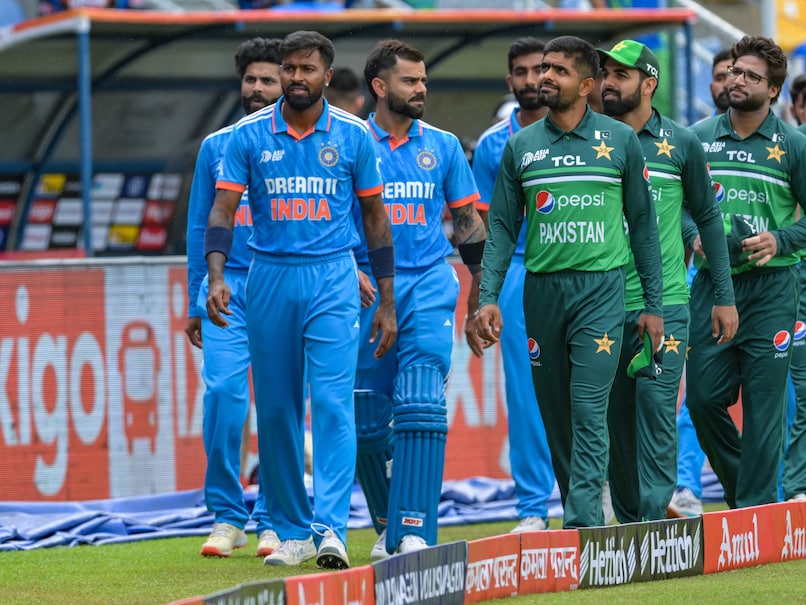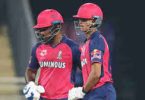Former India cricketer Aakash Chopra believes the Pakistan Cricket Board (PCB) faces neither financial loss nor reputational damage from the International Cricket Council’s (ICC) hybrid model decision for the ICC Champions Trophy 2025. The decision was made following India’s refusal to travel to Pakistan, originally slated to host the tournament exclusively.
The ICC announced that India would play its matches at a neutral venue, likely in the UAE. In exchange, Pakistan is exempt from travelling to India for ICC tournaments until 2028, including the 2026 Men’s T20 World Cup. The ICC’s statement clarified: “India and Pakistan matches hosted by either country at ICC Events during the 2024-2027 rights cycle will be played at a neutral venue.”
“Pakistan is not losing money. In fact, in this arrangement, Pakistan hasn’t even lost its face. No matter how much they might have talked against the Hybrid Model, they had ultimately agreed, but they have also not walked away empty-handed,” Chopra said.
“It’s now almost confirmed that it will be tit for tat. All matches till 2027 will be in the Hybrid Model. If India are not going to Pakistan, Pakistan will also not come to India and play against India. Pakistan will play their matches in a third country,” he added.
This arrangement also applies to the Women’s ODI World Cup in 2025 and the Women’s T20 World Cup in 2028, for which Pakistan has secured hosting rights. In his recent YouTube video, Chopra emphasised that this agreement does not harm the PCB financially or reputational-wise.
While the arrangement appears to be a diplomatic solution to the India-Pakistan cricketing impasse, it creates logistical challenges for other cricketing nations. Teams drawn against India and Pakistan will have to navigate increased travel and play in varied conditions.
A recent example of these logistical hurdles was the 2023 Asia Cup, co-hosted by Pakistan and Sri Lanka. India’s refusal to travel to Pakistan resulted in the team being stationed in Sri Lanka, forcing other teams to shuttle between the two countries. Players faced drastically different playing conditions, leading to criticism of the tournament’s structure.







